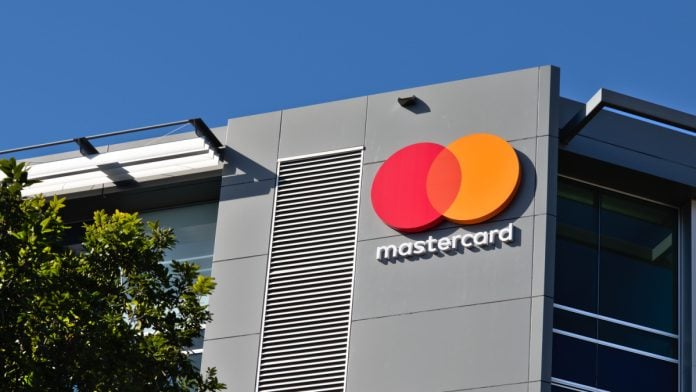Mastercard has stepped up its use of AI as a fraud detection and prevention tool, in a move indicative of the increasing adoption of the technology across the payments space.
The company has released a number of AI-backed products over the past decade, including Decision Intelligence (DI) in 2016 and Consumer Fraud Risk in 2023. In its latest AI move, the global payments giant has sought to enhance its fraud detection capabilities.
By bolstering its next-gen generative AI tech with the launch of Decision Intelligence Pro, Mastercard aims to assess the ‘relationships between multiple entities’ surrounding a transaction to determine risk in less than 50 milliseconds.
These enhancements bring some core key benefits, the firm asserts, these being an improvement to the overall DI score and ‘sharpening’ of the data provided to banks, with initial modelling showing a boost to fraud detection rates from 20% to 300%.
Ajay Bhalla, President of Cyber and Intelligence at Mastercard, said: “With generative AI we are transforming the speed and accuracy of our anti-fraud solutions, deflecting the efforts of criminals, and protecting banks and their customers.
“Supercharging our algorithm will improve our ability to anticipate the next potential fraudulent event, instilling trust into every interaction.”
Use of AI in the payments and wider financial sector continues to increase at a rapid pace, although Mastercard has previously stated that it has been using the technology for ‘the best part of the last decade’.
The potential of AI has been observed in a number of areas, including risks analysis and risk management, real-time calculations, customer service, performance measurement, invoicing and expensing, data analysis and security – the latter including money laundering and fraud.
A particular type of fraud which has become a cause of concern for regulators, banks, payments service providers (PSPs) and consumers of late is authorised push payment (APP) fraud.
This type of fraud involves impersonation to trick a business or person into sending them money. When launching Consumer Fraud Risk last year, Mastercard stated that this accounts for 40% of UK bank fraud losses, with estimates projecting potential costs of $4.6bn in the UK and US alone by 2026.
In December 2023, Chris Hensley, MD of the UK Payment Systems Regulator (PSR), stated that whilst cross-industry collaboration on countering APP fraud has been impressive, more work is left to be done. The PSR would later update its requirements for reimbursement of APP fraud victims.
In the latest enhancement of its AI anti-fraud capabilities, Mastercard is adamant that DI Pro will improve banks’ ability to protect cardholders from fraudulent transactions and mitigate ‘false positives’ – legit transactions incorrectly flagged as fraudulent ones.
Bhalla added: “The precision of the solution – achieved by scanning potential points of sale in real time – has been shown in our own analysis to not only increase accuracy, but also reduce the number of false positives by more than 85%.”























